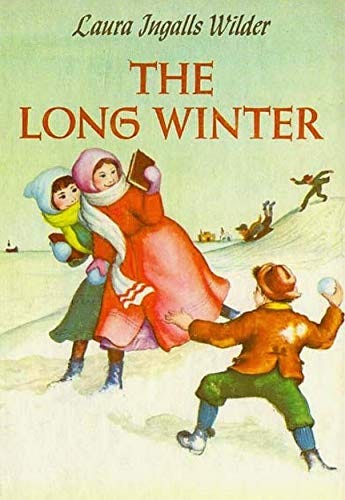I just started reading a short story from A.S. Byatt, which appeared in The Paris Review thirty (!) years ago and then made it into a short story collection: “The Djinn in the Nightingale’s Eye.” You can read the beginning of it here, in The Paris Review, and oh it’s a good time–dense and rich and wandering.
This description of the “narratologist” heroine!
Her ancestresses, about whom she thought increasingly often, would probably have been dead by the age she had reached. Dead in childbed, dead of influenza, or tuberculosis, or puerperal fever, or simple exhaustion, dead, as she travelled back in time, from worn-out unavailing teeth, from cracked kneecaps, from hunger, from lions, tigers, sabre-toothed tigers, invading aliens, floods, fires, religious persecution, human sacrifice, why not? Certain female narratologists talked with pleasurable awe about wise crones but she was no crone, she was an unprecedented being, a woman with porcelain-crowned teeth, laser-corrected vision, her own store of money, her own life and field of power, who flew, who slept in luxurious sheets around the world, who gazed out at the white fields under the sun by day and the brightly turning stars by night as she floated redundant.
I mean, damn: “She was no crone, she was an unprecedented being, a woman with porcelain-crowned teeth, laser-corrected vision, her own store of money, her own life and field of power…”



